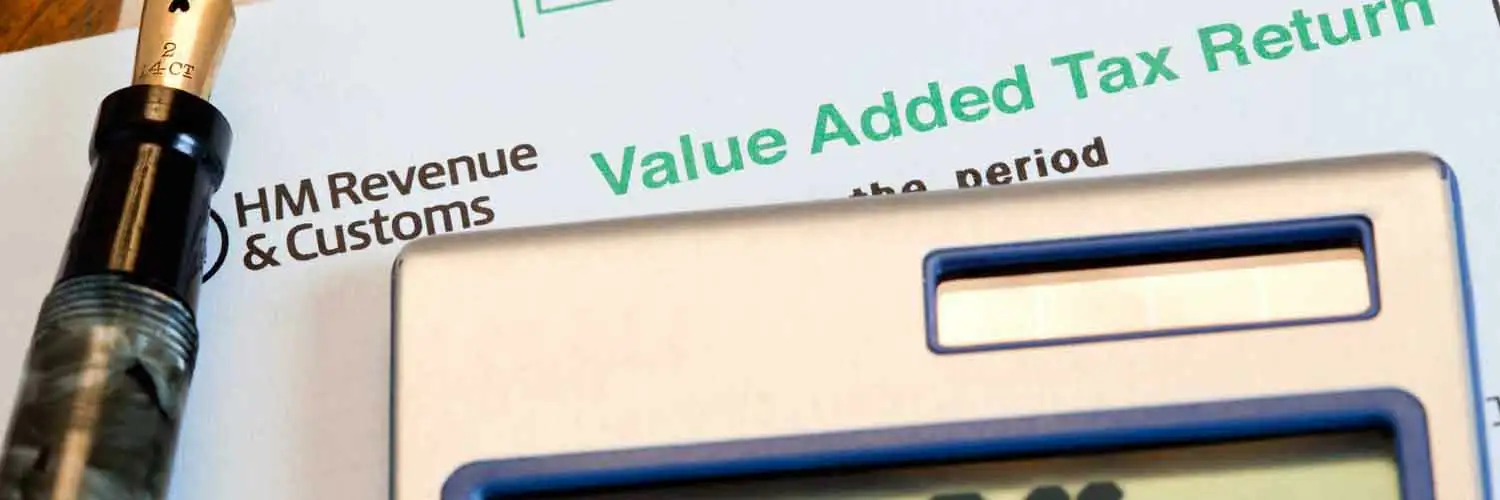A recent article by Newscast 24 Ltd has projected that UK couriers have gifted the UK government a £19 billion tax windfall.
Writing in the online news magazine for the courier industry, Courier News, one UK accountant has called for courier firms to do more to educate their self-employed drivers about the potential tax benefits of becoming VAT registered.
He makes the point that courier firms are missing out on a valuable opportunity to improve remuneration for their subcontractors without any additional expenditure on their own part.
The £19 billion VAT windfall for government
In order to arrive at the windfall estimate, the writer – an accountant who has developed a specialised service for couriers to get VAT registered – cited his own experience of working with owner-drivers.
He says that, on average, the self-employed couriers he works with typically benefit between £4,500 and £5,000 per annum by becoming VAT registered.
By extrapolating this tax benefit, the author suggests that self-employed drivers gift UK revenue and customs a whopping £19 billion each year.
This figure is based on official figures of the UK’s self-employed courier workforce, which is estimated to number around 5 million.
Why does VAT registration offer an opportunity to pay less tax?
The figures cited in the article are likely to come as a shock to many in the industry. Few drivers realise that they could be more profitable simply by being VAT registered.
Being VAT registered means that you can reclaim any VAT that you are charged when you pay for goods and services. It is this mechanism which makes it valuable for self-employed couriers and drivers to get themselves VAT registered.
VAT is charged at 20% on most items, including on fuel. Claiming this back can add up to significant amounts over the year, according to the accountant’s figures.
Why aren’t self-employed couriers becoming VAT registered?
There are many different reasons why couriers aren’t registering for VAT. The most obvious reason is that many self-employed couriers are simply not aware of the potential tax savings available to them.
Secondly, the perceived complexity of dealing with HMRC, accountants, and processing VAT returns is another huge barrier to self-employed couriers becoming VAT registered.
Furthermore, the sector is underserved by the financial services sector. Self-employed drivers are not perceived as a profitable market sector by accountancy firms.
It’s incumbent on owner-drivers of commercial vehicles to educate themselves about the potential benefits of registering for VAT. And the courier firms for whom they work should also seek to raise awareness amongst their outsourced workers.
Advice for couriers
Becoming VAT registered needn’t be a complicated process.
At the time of writing, you can register voluntarily for VAT if your business turnover is below £85,000.
To register, visit the HMRC website: https://www.gov.uk/vat-registration/how-to-register
We recommend that you seek independent financial advice before making any tax or financial decisions.
About VAT
As of 8 October 2019, HMRC advises that all businesses and the self-employed should be VAT registered if:
- you expect your VAT taxable turnover to be more than £85,000 in the next 30-day period
- your business had a VAT taxable turnover of more than £85,000 over the last 12 months
However, there’s no threshold if neither you nor your business is based in the UK. You must register as soon as you supply any goods and services to the UK (or if you expect to in the next 30 days).
Find out more: https://www.gov.uk/vat-registration/when-to-register
